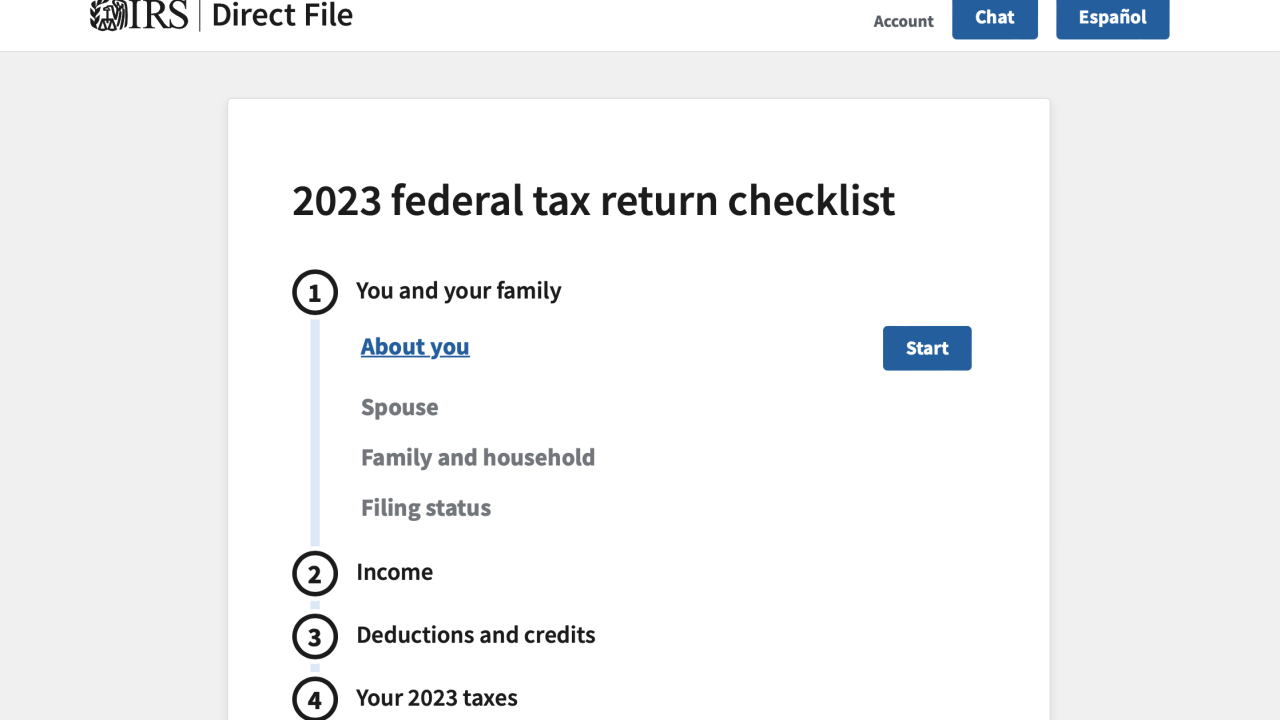Long-standing problems with S corporation tax compliance should be addressed by Congress and the IRS, according to a new
S corporations are one of the fastest growing business types, accounting for nearly 4 million businesses in 2006. An S corporation is a federal business type that provides certain tax and other benefits, including a single level of taxation, limited employment taxes, and the ability to pass through business losses to shareholder returns. Single-level taxation can reduce the overall taxes assessed based on business income, and applying business losses to individual returns can decrease shareholder tax obligations.
S corporations also benefit from limited liability protection. According to IRS data, about 68 percent of S corporation returns filed for tax years 2003 and 2004 (the years that data were available) misreported at least one item. About 80 percent of the time, misreporting provided a tax advantage to the corporation or shareholder. The most frequent errors involved deducting ineligible expenses, which could decrease S corporation shareholder tax liabilities.
Even though a majority of S corporations used paid preparers, 71 percent of those that did were noncompliant. Preparer mistakes may be due to the lack of preparer standards as well as their misunderstanding of the tax rules. Shareholders of S corporations also made mistakes in calculating basis their ownership share of the corporation when taking losses passed to them from the corporation, potentially decreasing their total taxes.
Calculating and tracking basis was one of the biggest challenges for shareholders, and S corporations themselves are in a better position in most cases to calculate basis for their shareholders.
Some S corporations also failed to pay adequate wages to shareholders for their labor for the corporation, which led to underpaying employment taxes. Reports from the Joint Committee on Taxation and the Treasury Inspector General for Tax Administration show that inadequate shareholder wage compensation is a significant issue. Using IRS data, the GAO calculated that in the 2003 and 2004 tax years, the net shareholder compensation underreporting equaled roughly $23.6 billion, which could result in billions in annual employment tax underpayments. Determining adequate shareholder compensation is highly subjective and hinders compliance and enforcement. The IRS provides limited guidance on determining adequate compensation.
Specific IRS guidance for both new and existing S corporations could help improve compliance. Additionally, IRS examiners often were not taking advantage of certain techniques in examining shareholder compensation. Analyzing a random sample of IRS examinations, the GAO found that in cases where IRS examiners did document a form of analysis, they were more likely to make an adjustment than when no evidence of such analysis existed. Currently, the IRS does not require specific documentation of their analysis for shareholder compensation by examiners. Legislative options exist to improve compliance with shareholder compensation rules, the GAO noted, but these options also raise notable trade-offs.
The GAO recommended that Congress should require S corporations to calculate and report basis for their shareholders shares. The report also recommended that the IRS research options for improving the performance of professional tax preparers, provide additional guidance to new S corporations on calculating basis and compensation, require examiners to document their analysis of compensation, and provide more guidance on compensation. The IRS generally agreed with the GAOs recommendations.





